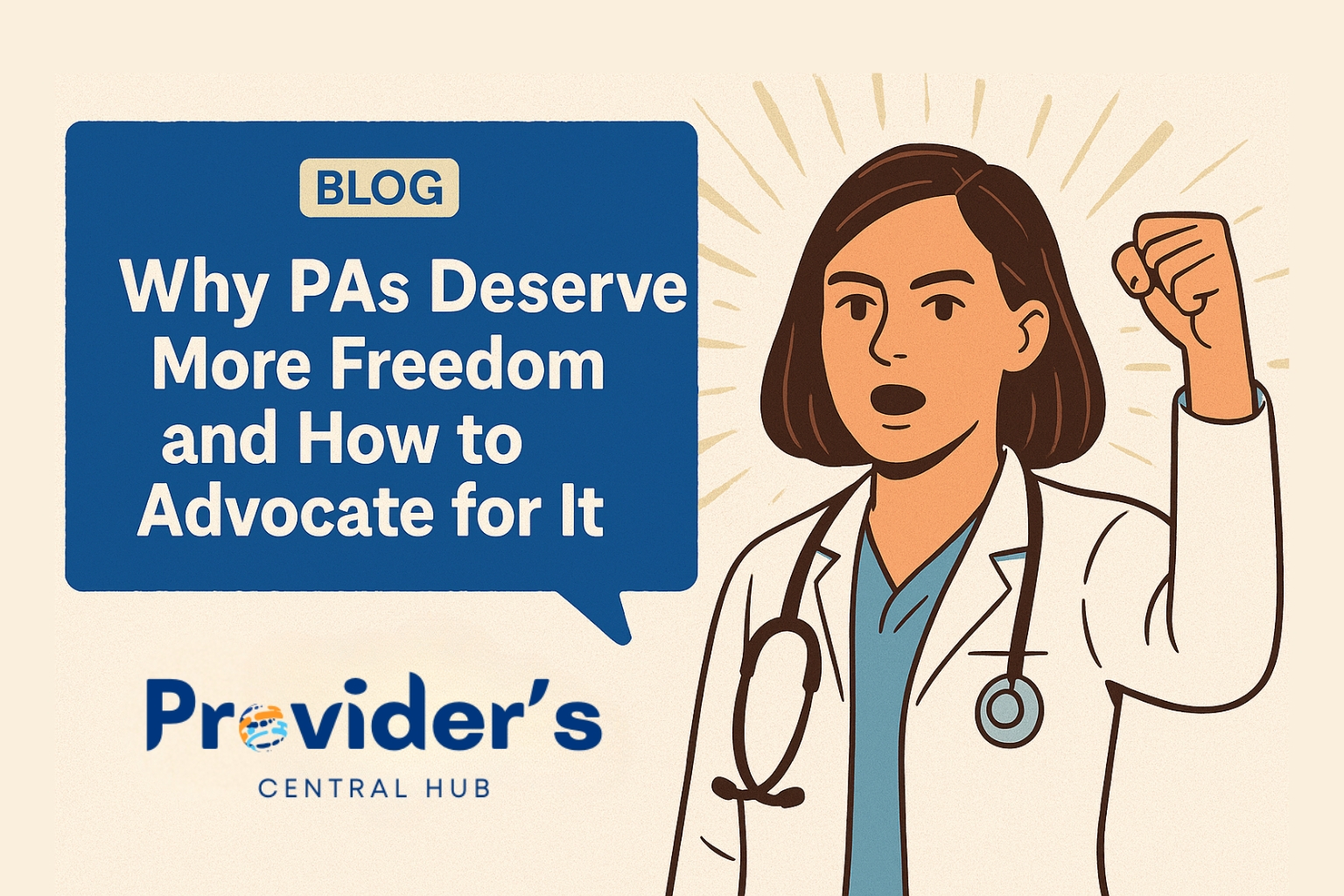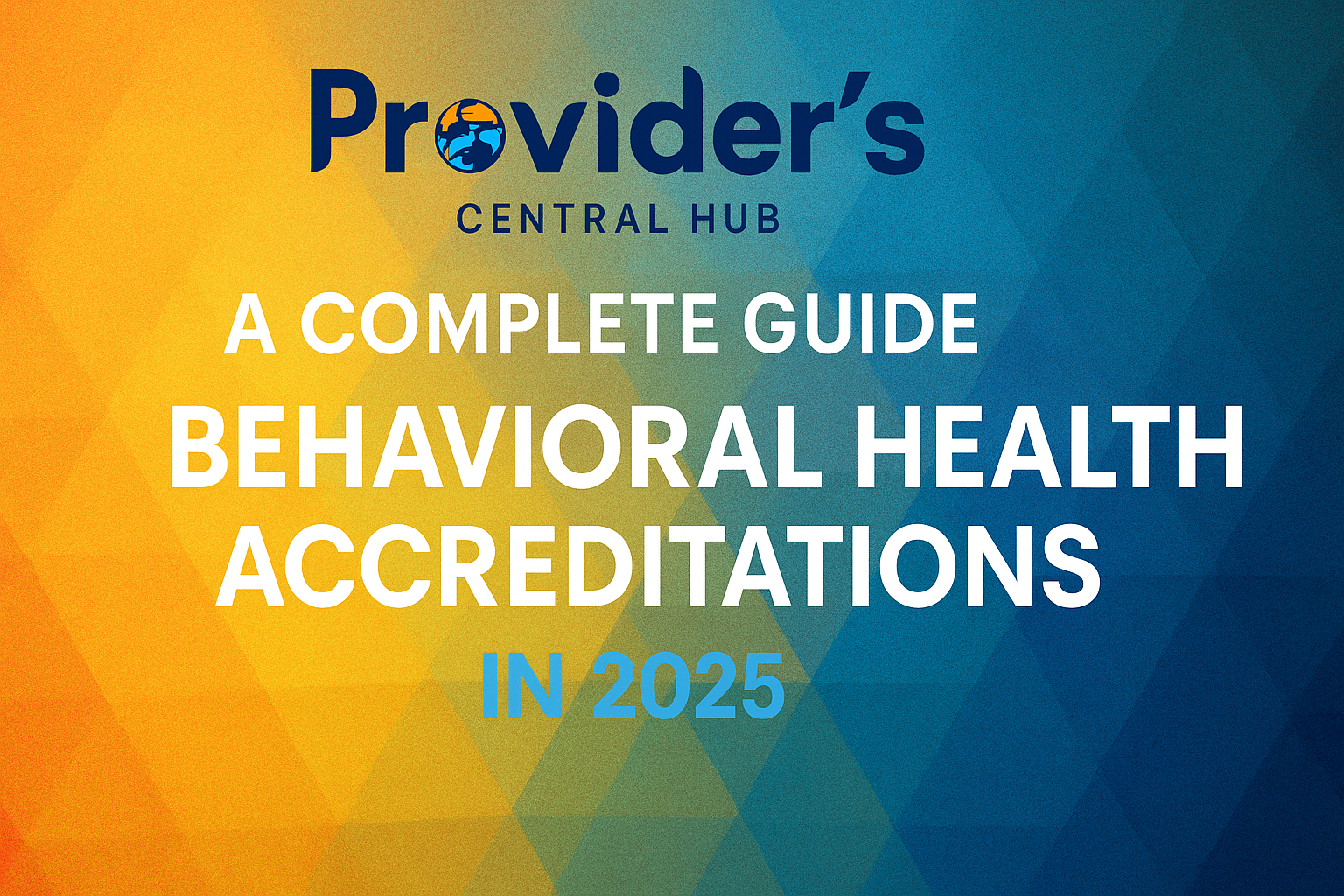Introduction
Under the healthcare competitive landscape, private practices have had numerous challenges, particularly in managing their revenue cycles. Proactive billing can dramatically raise the financial performance of private practice, reduce their operations, and create patient satisfaction. Here is how US-based private practices can engage with proactive billing for enhancing revenue.
Understanding Proactive Billing
Proactive billing is anticipating possible billing problems and correcting them before they occur. It differs from typical reactive billing, where problems are addressed only after they occur. Practices can thus minimize denials, administrative burden, and increased cash flow by taking a proactive approach.
Key Strategies for Proactive Billing
- Streamlined Claim Submission
Getting claims submitted accurately and on time is a sure way to maximize reimbursement. Practices should invest in training staff on coding accuracy and advanced billing software to automate the submission process. This can lead to first pass acceptance claim rates of most claims, lessening the delay that can occur before payment.
- Regular Audits and Compliance Checks
Conducting regular audits of billing practices helps identify discrepancies and compliance issues early on. By staying compliant with HIPAA regulations and other industry standards, practices can avoid costly penalties and maintain trust with patients and insurers.
- Patient Education and Engagement
Patient engagement in billing promotes transparency and confidence. Charges, insurance coverages, and available payment options can be easily clarified to reduce confusion and billing disputes. The practice could adopt education initiatives that inform patients about their obligations early on.
- Best Practices for Managing Accounts Receivable
Proactive management of A/R is crucial in maintaining healthy cash flow. Regular tracking of outstanding balances, prompt follow-up on overdue payments, and clear policies on collections are all practices that should be adopted. A dedicated team or outsourcing A/R management can help in efficiency.
- Technology for Efficiency
Investment in technology such as an EHR system that interacts with billing software can help to simplify many operations. Such a system allows for the integrated real-time sharing of data between clinical and billing departments, thereby guaranteeing all services rendered are appropriately billed.
- Custom Reporting and Analytics
Customized reporting tools help practices analyze their financial performance. Analysis of key metrics such as the claim denial rate, average days in A/R, and patient payment trend would highlight areas of improvement.
- Prior Authorization Management
Obtaining necessary prior authorizations can be prevented before rendering services deny claims later on. Clear protocols for verification of patient eligibility and benefits must be established by the practice to facilitate this process.
- Outsourcing Billing Services
Many practices discover that outsourcing their medical billing to specialized firms helps achieve better revenue results. The outsourced firms are sometimes better placed in the changing landscape of billing regulations and can process a large volume of claims more efficiently than in-house staff.
Benefits of a Proactive Approach in Billing
- Maximize Revenue: Denial minimization and timely payment help generate adequate collections for a practice.
- Operational Efficiency: Smooth workflows reduce administrative burdens, allowing staff time to spend more time with patients rather than paperwork.
- Patient Satisfaction: Such clear communication regarding billing also makes patients less frustrated as their bills are paid promptly.
- Decreased Risks of Financial Losses: Proactive identification of issues reduces the risks associated with compliance failures or loss in revenue.
Conclusion
In a nutshell, getting proactive in billing for a US-based private practice is the only way to increase the said revenue while not at all compromising the quality of patient care. With strategies that are more aligned with accuracy, transparency, and efficiency, private practices can easily overcome the hurdles of medical billing. The aftermath is better financial health as well as enhanced patient relationships that lead to long-term success in the healthcare industry. These proactive measures will position practices favourably within an increasingly competitive marketplace, leading to their survival amidst continual changes in the healthcare regulatory and reimbursement environment.
For further information: HMS USA, Vardhan Medical Coding, HAP USA, Practolytics, Practice Forces, and Good Sign.





1 Comment
Your comment is awaiting moderation.
Thanks for sharing. I read many of your blog posts, cool, your blog is very good.
Your comment is awaiting moderation.
Thank you for your sharing. I am worried that I lack creative ideas. It is your article that makes me full of hope. Thank you. But, I have a question, can you help me?
Your comment is awaiting moderation.
Thanks for sharing. I read many of your blog posts, cool, your blog is very good.
[…] practices in the US face many challenges, including managing their finances. Proactive billing can help practices improve their revenue, reduce administrative burdens, and enhance patient […]